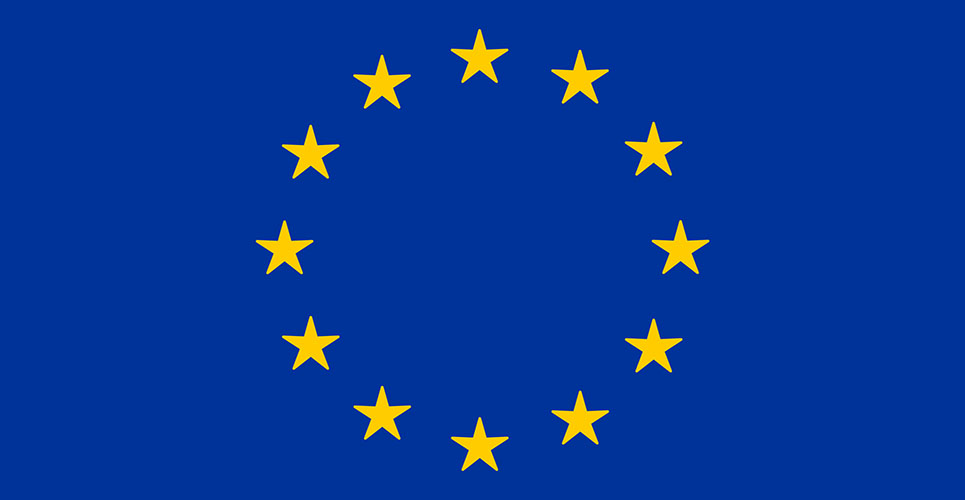teaser
Brian Edwards CBE
Emeritus Professor of Healthcare Development
University of Sheffield
UK
European health ministers held an informal Health Council meeting at Noordwijk in the Netherlands in September. The focus of their discussion was healthcare in an ageing society. In a welcome new development, all European stakeholders, including patient groups, met two days before the meeting and presented ministers with their conclusions and advice.
Life expectancy in Europe continues to climb, with Italy and Sweden topping the list at 79.9 years. The Baltic countries have the lowest life expectancy, with Latvia at 70.5. These countries also have the worst infant mortality rates, with Latvia reporting a rate three times higher than that of Sweden.
The challenge of providing healthcare for a population that is ageing is enormous. By the year 2050, almost 35% of the European population will be over the age of 60. More startling is the projection that, at the same time, more than a quarter of the population of Europe will be over 80. The economic consequences are profound, with the Dutch projecting that by 2020 health professionals will make up more than 20% of their total working population.
The only light on the horizon was the view expressed by some experts that, while the population is getting older, the expensive incapacity span is reducing as people live longer, healthier lives.
One piece of advice that the ministers appear to have taken seriously is to provide help and support to elderly carers. They will increasingly become the largest group of primary carers and need social security support, responsive respite care, education and training to enable them to care competently. Ministers did not appear to reach any radical conclusions except to recommend to the Council of Ministers (to be held in December 2004) that a permanent mechanism be established to discuss healthcare issues. For governments who adhere firmly to the view that healthcare is a national competence, this may be a step too far.
As usual on these occasions, attention was again focused on national health spending as a percentage of gross domestic product (GDP). It is particularly crucial in the UK in view of the Blair government’s commitment to increase spending to at least the European average (see Table 1).
[[HPE17_table1_7]]
In most countries the public expenditure share has declined in recent years. European ministers think that total GDP spend exceeds these figures, with a current European average of 8.5% (instead of 7.78%). Chancellor Schröder’s public expenditure controls should, however, pull Germany back sharply. The drug component of these investments continues to rise. This is particularly noticeable in the UK, where drugs now take up over 16% of total expenditure, which is closer to its European partners.
Ministers will, I fear, always be preoccupied with the economic dimensions of health policy while the public component is so high.

